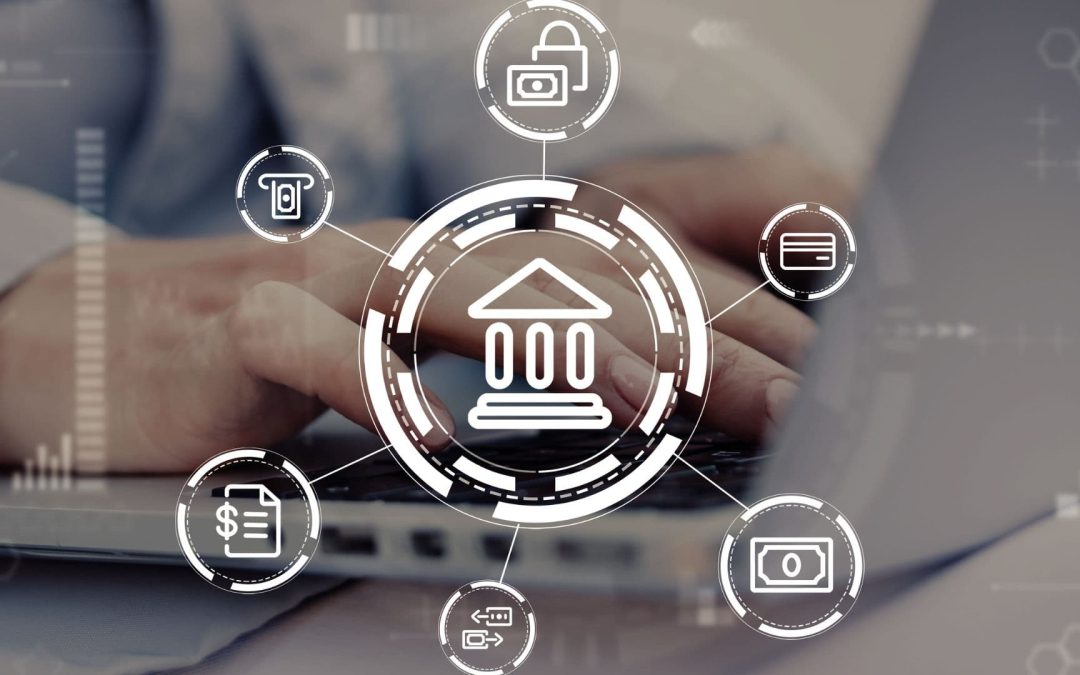Many people often think of getting their businesses cyber secure as a destination and not a journey. This mentality is reflected with Cyber Essentials; firms achieve their Cyber Essentials status and assume that means they’re now fully cyber secure without needing to do any extra or ongoing work to stay digitally secure. Whilst we wish this was correct, but unfortunately, it’s just not true!
It’s crucial to understand that Cyber Essentials, while valuable, is not an all singing, all dancing solution – particularly if you work in the financial industry and handle a lot of sensitive data. In this blog post, we’ll explore seven reasons why relying solely on Cyber Essentials may still leave your financial firm vulnerable to cyber threats.
1. It only covers a limited number of cyber threats
Cyber Essentials primarily focuses on fundamental technical controls like firewalls and patch management. While these are necessary and should play a part in any basic cybersecure plan, they don’t completely cover you, particularly with the ever-growing range of cyber threats businesses face today. For example, firewalls won’t protect you from sophisticated tactics like social engineering, phishing scams, and insider threats; financial firms in particular are favourite targets of these techniques. This is because they have more sensitive and high value data or information that can be exploited.
2. There’s no continuous monitoring
As we mentioned before, too often Cyber Essentials is viewed as a one-stop-shop. After you tick that box, you’re covered, right? Wrong! Cyber Essentials provides a point-in-time certification, giving a snapshot of your cybersecurity position at that moment. However, cybersecurity requires continuous monitoring and adaptation to new threats. A real-time approach ensures that your defences are always one step ahead of potential attackers, which is something Cyber Essentials doesn’t offer.
3. Emerging technologies are not covered
In the digital era, new technologies like cloud computing and artificial intelligence are coming thick and fast which cybercriminals are using to their advantage. To really stay safe, you need to be staying up to date with the latest threats and, as we’ve already established, Cyber Essentials does not work in real time and therefore may not provide sufficient guidance on securing against these emerging technologies.
4. No guidance for staff training
Technology is only as good as the people using it and human error remains a significant factor in successful cyber-attacks. While Cyber Essentials acknowledges the importance of user education, it lacks detailed guidance on carrying out training programs. Training is so important as it creates a security-conscious culture and empowers staff to spot cyber-attacks early on, minimising the risk of internal security breaches. Proper staff training is extra important within the financial industry for the obvious reason that so much sensitive data is handled and even a minor lapse in judgement can have severe consequences.
5. Lack of industry specific guidance
This brings us nicely into our next point – Cyber Essentials offers a general approach and doesn’t take into account the needs of different industries like financial firms. Different industries face unique cybersecurity challenges based on their regulations, threats, and operational needs. Tailored frameworks are necessary, especially for sectors like finance, where the stakes are exceptionally high, and information is strictly regulated. If you are working in the financial sector, it’s important to reach out to professionals (like us!) who can help to craft a cyber resilience plan that goes beyond a basic box check.
6. No third-party validation
Cyber Essentials basic relies on self-assessment, meaning organisations evaluate their compliance; you can immediately see the problem there! While self-awareness is crucial, it lacks the objectivity and assurance of independent third-party validation, as well as the knowledge. You may well-meaningly think that your measures are enough, but without the experience and IT know-how, there’s a good chance your measures aren’t quite as tough as you think. Additionally, third-party certification provides stakeholders with confidence in your cybersecurity measures, instilling trust in your firm.
7. Cybersecurity is too complex for a one-size-fits all approach
The field of cybersecurity is complex and ever-changing, so relying solely on a single framework that doesn’t take into account your unique business can lead to a false sense of security. To combat the evolving nature of cyber threats, it’s important that financial firms adopt a multi-layered approach, incorporating various frameworks, standards, and best practices to enhance their overall resilience against attacks.
Don’t get us wrong, Cyber Essentials is a great way to get your cyber security started and we recommend every business takes advantage of it, however, don’t make it your only defence against cyber threats.
Do you need help ensuring that your business is protected against cyber-attacks? Contact our team today.

